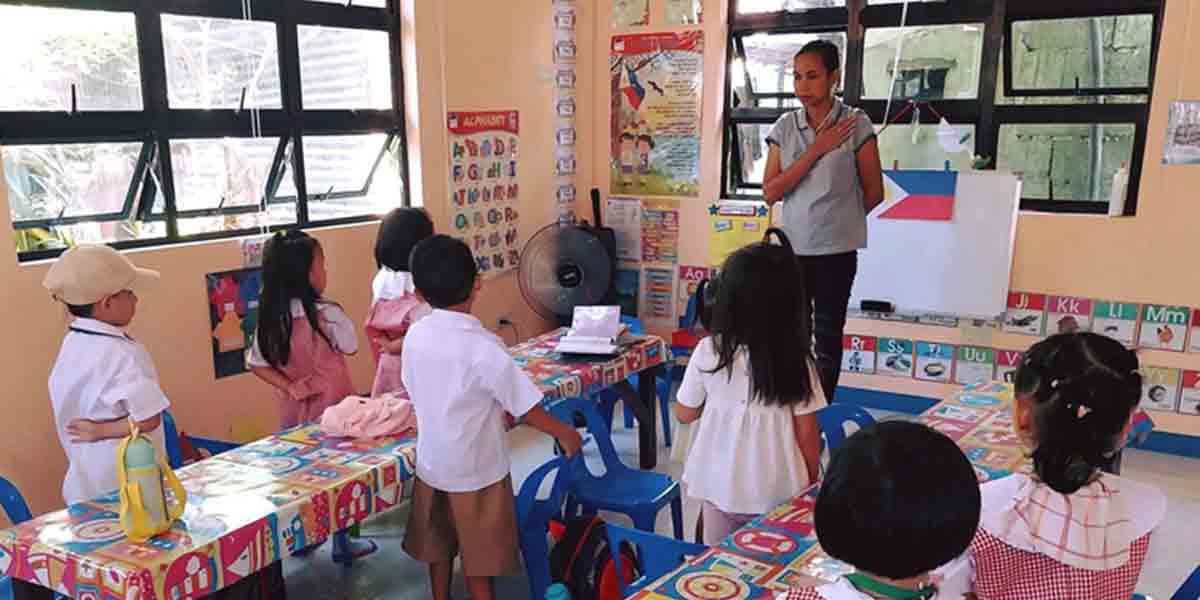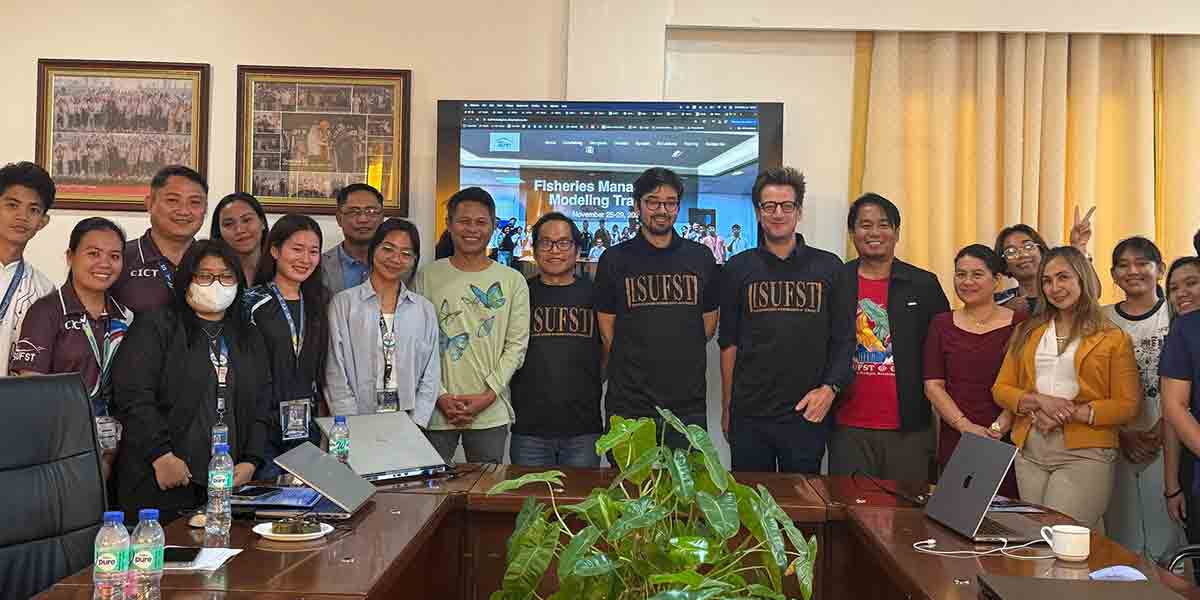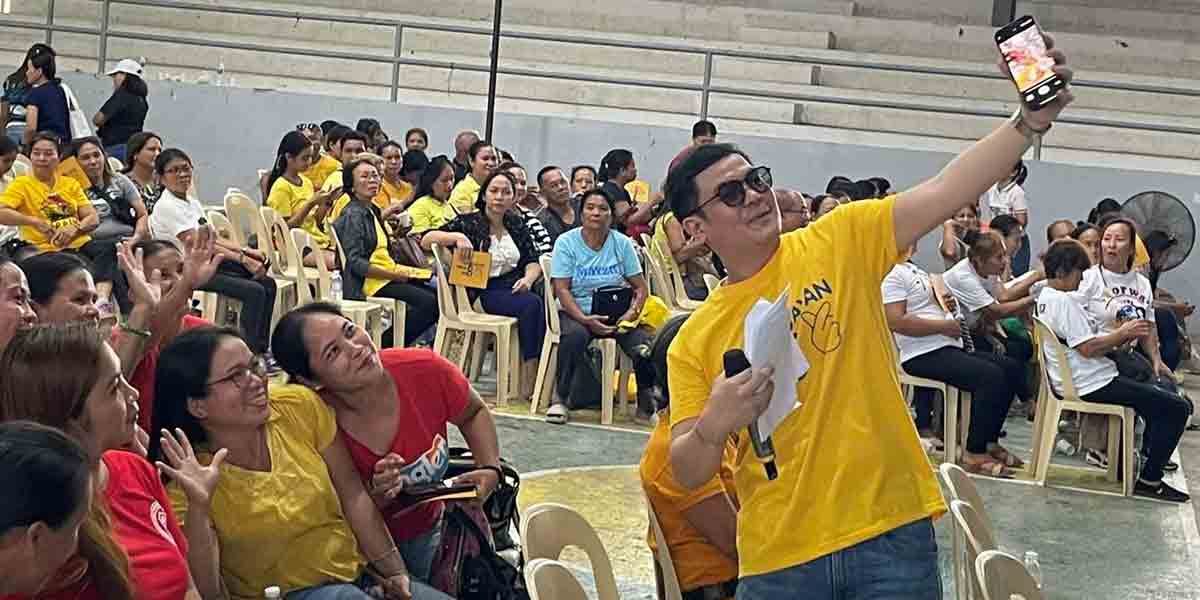 By Modesto P. Sa-onoy
By Modesto P. Sa-onoy
How fitting that as the nation commemorates today the moment when the Filipino people declared independence from foreign power, we are engaged in defining the word “terrorist” and the powers that will be vested in the state police force to determine who threatens the security of the government.
The retractions by several members of Congress support the claim of critics that this bill was not properly debated upon (or votes properly counted) and that the safeguards against abuse by operatives of the state are unclear. No law is perfect says Rep. Paduano but who can repair or recompense the damage due to the errors of enforcers that can devastate the life and family of the innocents?
Last June 5, Albay Rep. Joey Salceda was reported to have changed his vote to abstention, because he has “reservations” about the bill, including its broad and vague definition of “terrorism” and the need to amend sections inconsistent with human rights laws.
As I noted earlier, this “broad and vague definition of terrorism” allows the security operatives of the state too much discretion to determine who are “terrorists” because the word itself can be defined from personal perspectives. As has been said time and again, “one’s terrorist is another’s freedom fighter.”
In 1904, when opposition to American rule persisted in the Philippines, the American controlled Philippine Commission simply changed the definition of the armed opposition from “rebellion” to “banditry”. A rebel could get an amnesty or brief prison terms; the bandit received a death penalty. The Japanese did the same – the guerrillas were bandits not an army fighting the invaders. The Armed Forces of the Philippines did likewise by designating the NPA as “communist terrorists”.
But there is a difference. While the Bandolerismo Act Law of the Philippine Commission and the Japanese edict were against legitimate opposition to a foreign power, the communist NPA intend to topple the legitimate Filipino government not engaging military alone but inflicting terror on civilians.
What is the real score in the voting, at least for the people to know where their representatives stood on this issue and can demand explanation or accounting and be guided in their choices in the 2022 elections, as Bishop Gerardo Aliminaza of San Carlos insinuated?
To find the “real score,” Albay Rep. Edcel Lagman asked for a “certification on how representatives voted on the controversial measure last June 3” because there “appears to be some confusion on the tabulation of votes as evidenced by changes and corrections made in the result of the voting by the staff of the Secretariat.”
He added that “a public disclosure of the voting record would also afford representatives to clarify how they actually voted or that they did not vote at all.
The bill amends and repeals the Human Security Act, and imposes tougher penalties, including life imprisonment, on anyone who will participate, conspire, or incite others in the planning or facilitation of a terrorist attack.
Critics however argue that the definitions of acts of terrorism in the bill were too broad and allowed too many interpretations that might pave the way for human rights abuses.
One provision intended to respond to that argument states that “terrorism as defined in this section shall not include advocacy, protest, dissent, stoppage of work, industrial or mass action, and other similar exercises of civil and political rights, which are not intended to cause death or serious physical harm to a person, to endanger a person’s life, or to create a serious risk to public safety.”
It has nebulous provisions that anybody who would “threaten” to commit terrorism would suffer the penalty of 12 years in prison. People who would “propose any terroristic acts or incite others to commit terrorism” would also be imprisoned for 12 years.” Those who would “voluntarily and knowingly” join any organization, association, or group knowing that it is a terrorist organization would also be imprisoned for 12 years.
The Muslims in southern Philippines are suspicious. At least 40 Moro lawyers and law students consider the measure as “unacceptable encroachments on our civil liberties.”
While condemning terrorism, they said, “we know all too well that overzealous desire to capture the enemy, when sanctioned by law that is bereft of any procedural and substantive safeguards to protect the innocent, is just as dangerous to our lives, liberties and freedoms.”
We continue tomorrow.






















